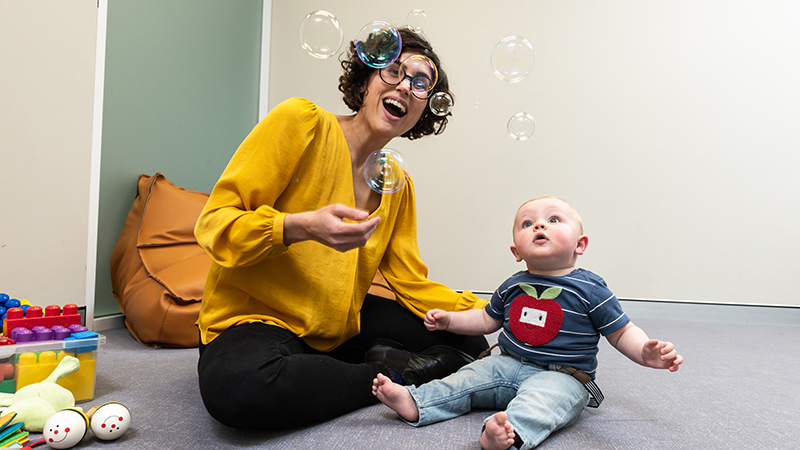Search
Showing results for "autism"
Research has proposed that autistic-like traits in the general population lie on a continuum, with clinical ASD representing the extreme end of this...
Anxiety and sleep problems may be an early indicator of autism in young children and early autistic traits may also contribute to anxiety problems later in childhood
The current data add to the increasing evidence for the lack of relationship between autistic traits and postnatal levels of testosterone in men
These data highlight that early life levels of vitamin D are an important consideration for maternal behavioural adaptations as well as offspring neuropsychiatry
The objective of this study is to compare the time trend of reported diagnoses of autism spectrum disorder, hyperkinetic disorder, Tourette's syndrome, and...
In this paper we conduct a genome-wide screen and follow-up study of expressive vocabulary in toddlers of European descent from up to four studies of the...
Social communication difficulties represent an autistic trait that is highly heritable and persistent during the course of development.
This study provides further evidence that maternal pre-pregnancy obesity is associated with autism-like behaviors in offspring

Early intervention in autism is proving a game changer.

A child-led therapy that supports the social development of babies showing early signs of autism has found a significant reduction in social communication difficulties in babies who received the therapy, according to new research led by CliniKids at The Kids Research Institute Australia.
